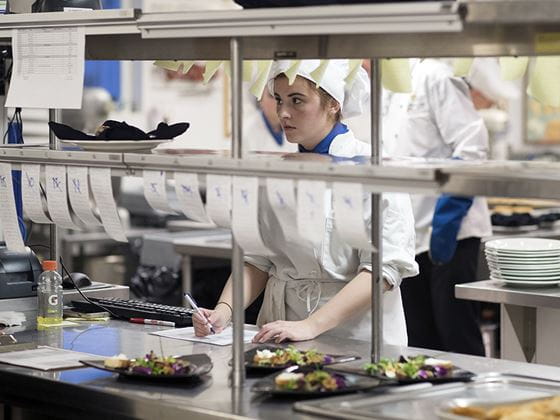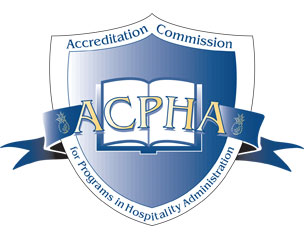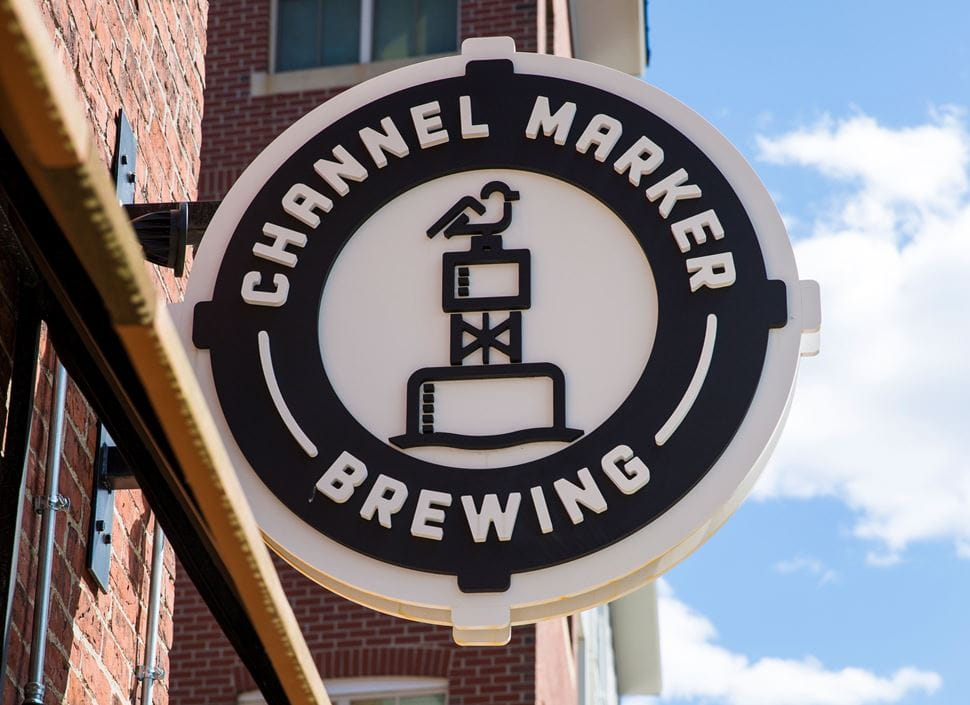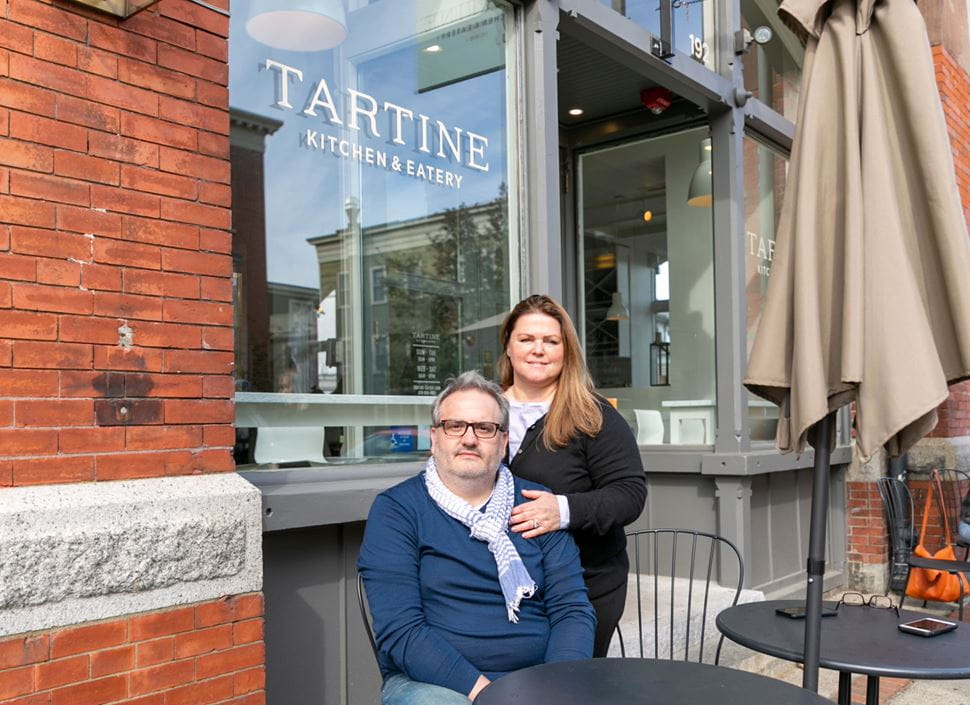-
Program Overview
The Food & Beverage Entrepreneurship concentration combines courses from Hospitality and Business enabling students to customize their educational path. You will gain skills and knowledge to succeed in the fast paced, diverse, and evolving fields in the food and beverage industries.
Global cuisines using hyper local ingredients, micro-beverage companies, food security programs, farm to table restaurants, food trucks, and artisanal bakeries are only a few examples of types of enterprises you will explore and experience when studying Food & Beverage Entrepreneurship. Many contemporary jobs and innovative career paths are cropping up in the arena of food and beverage entrepreneurship such as food production, distribution and sales, hunger relief and food justice, and beginning farmer programs that require educated leaders with a food and beverage background like the one this comprehensive degree in hospitality management delivers to curious and creative students.

-
Curriculum
-
Internships and Careers
Accreditation
Endicott’s Hospitality Management program is accredited by the Accreditation Commission for Programs in Hospitality Administration (ACPHA).





